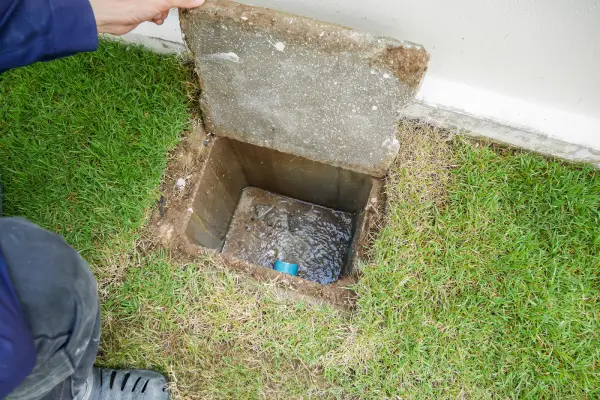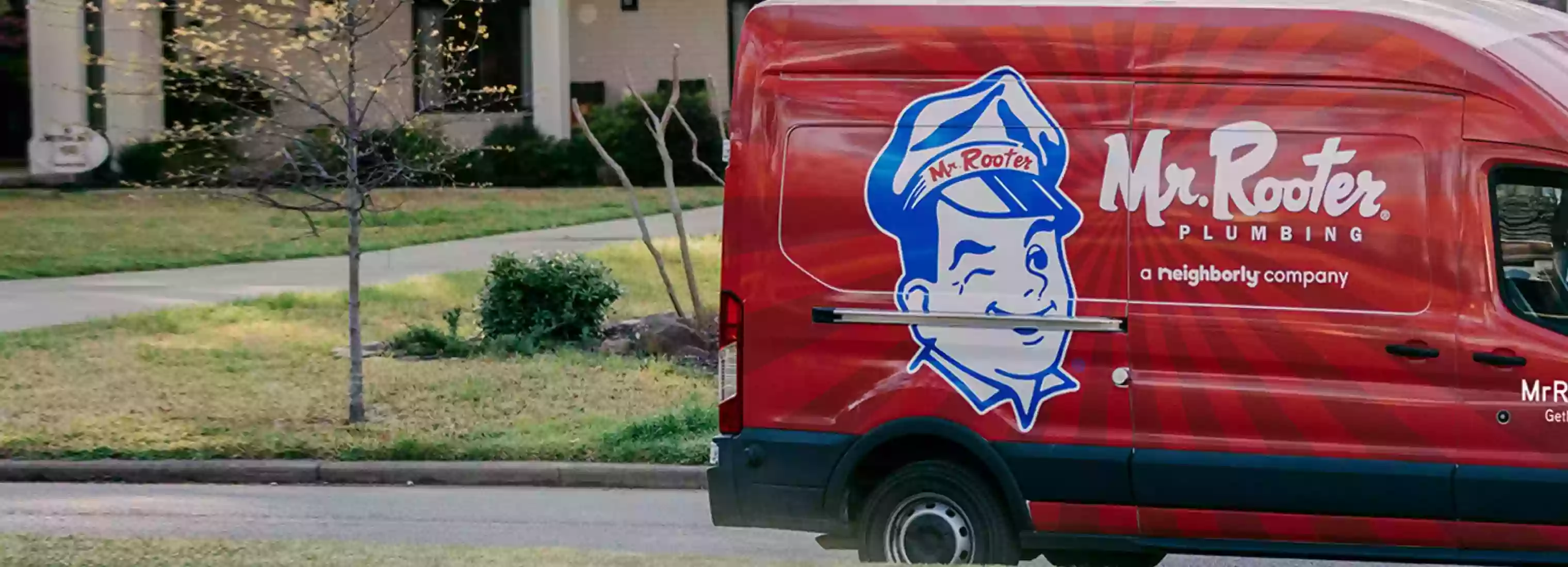Top 10 Things You Need to Know About Sewer Line Repair in Dallas

America has more than 800,000 miles of public sewer lines running across the country. These sewer lines are critical to our daily routines, along with the health and safety of the people.
Unfortunately, sewer lines aren't indestructible and can be susceptible to breakdown.
When this happens, it's important to get the sewer line repair work done as soon as possible to prevent major problems and get back to regular life. But not many people know much about sewer lines. They're often a forgotten part of daily life.
If you're one of those people, our professional Dallas plumbers created the ultimate guide to sewer line problems and solutions. Read on to learn everything you'll need to know!
1. Typical Causes of Sewer Line Damage
It would be great if one of the main infrastructure systems we rely on every day was unbreakable. But that's just simply not the case. Even without a major event, the pipes and lines used to carry water to and from houses and buildings can become damaged.
There are several ways that this damage could happen but there are a few that happen on a more regular basis.
One of the most common is cracking in the pipes due to changes in temperature.
When the temperature gets down to freezing your pipes may become brittle. That will cause them to crack, which is an obvious problem. The pipes are designed to withstand some changes in temperature but the sudden swings can cause issues.
Tree roots growing into the pipes can also cause a lot of damage. This is a hard thing to catch but is fairly common in older houses with mature trees.
Sometimes the damage to a sewer line just comes from regular, daily wear and tear. Pipes have a long life, but they will eventually need to be replaced.
Another important topic is if you have cleanouts. You need cleanouts if you don’t have any. Cleanouts are required by current codes and allow for proper drain cleaning and diagnosing of broken drains.
2. Ways to Prevent Damage
Unfortunately, a lot of the ways that sewer lines can get damaged are unpredictable and out of our control. It's made even harder by the fact that the lines are buried in the ground.
But there are several things that anyone can do to prevent these kinds of major problems.
The most important thing you can do to prevent damage to your sewer lines is to keep an eye on them. That's tricky, as we've mentioned because they are underground. The good news is: if you know where they run on your property you can keep an eye out for potential issues.
Finding the sewer lines around your home can be done quickly by contacting the city's maintenance office. They have all of those records and can give you that information.
If you live in an older home, it might be very helpful to have a plumber check out the current situation of your pipes. They can recommend any improvements, which would likely cost less than an overall replacement.
Just being aware of the sewer lines and putting in a little effort to prevent problems can save you big in the long run.
3. Regular Maintenance Options
Another major preventative measure you can take is to have a regular maintenance routine in place.
That routine will look slightly different depending on your specific home needs and the local area. But it should include a regular inspection from a trained, professional plumber.
A plumber would be able to do a deep cleaning of your pipes to make sure they are fully cleaned out. That is usually done with high-pressure water and is very effective.
It's also really important to make sure that you and the other people who live in your house practice good plumbing habits. That means that you're taking steps to ensure only the right things are going down through the pipes.
Obviously, you don't want to push big, hard objects (like toys) down the pipes as they can cause cracking. Also, it's a good idea to guard against oils and grease going down your pipes (from the garbage disposal for example).
All of these things can easily be prevented with a little effort.
4. Warning Signs of Major Problems
While it can be hard to monitor the health of your sewer line, it's very easy to spot when there is a major problem.
Spotting sewer line problems as quickly as possible is essential to avoid costly and intrusive repairs. Leaking drain pipes under your house can cause foundation issues.
The most obvious indication that you may need to look into replacing the sewer line is that the toilet backs up when you flush and won't clear easily. This can occasionally happen but you should be able to quickly fix the problem.
If you respond with the ordinary steps and the backing up still resumes, then it's time to call the plumber.
This holds true with those annoying slow drain issues that seem impossible to fix. A plumber will be able to fix the issue or perhaps advise you on repairing the sewer line.
Some people will experience mold, dark circles on their walls and ceilings, or a bad smell throughout their house.
There are a lot of ways a broken sewer line can present itself. Whatever the circumstances may be, you should call a plumber to fix your sewer line right away.
5. Find the Right Help
In the age of DIY, it's tempting to want to handle all kinds of home improvements and repairs on your own. But sewer line replacement isn't one you should attempt.
You'll need to find and hire a professional plumbing company to handle the job for you.
When you're looking into hiring a plumbing company, you'll want to make sure they are trained in the specific service that you'll be needing. Plumbing has a wide range of potential problems so it's worth checking into.
You'll also want to verify that they are licensed and insured so that you can be confident with their work.
It would also be a good idea to get a price estimate for the completed job. Oftentimes pipe problems don't happen at a convenient time and you don't want to be paying for weekend or holiday work unknowingly.
Working with the right plumber can make all the difference in getting a big issue like this resolved.
6. Repair Vs Replace Debate
One of the biggest things that need to be figured out quickly is if you need to replace or repair the sewer line.
Obviously, there will be a big difference in how the situation is handled if the pipe can be repaired rather than replaced. There will be a significantly lower cost and the scope of the project will be much less as well.
Sometimes there is just a minor crack in the line. If that's the case then the plumber may be able to do some minor work to repair a specific section.
But if the crack is too significant, the whole thing will need to be taken out and replaced. It can be tempting to just choose to repair but that could potentially lead to major problems if it should have been replaced.
Ultimately, the plumber will have to make the call on which route you can take to resolve the problem.
7. Repairing the Sewer Line
In less extreme situations, the plumber will be able simply to repair the damaged portion of the pipe and leave the rest as is.
This is a possibility if a tree root has just started to encroach on the sewer line. The plumber can remove the root from the area and then patch the crack or hole. A tree root causing problems is easy to spot if you know where the line is, so these are often caught early enough to be repaired.
Cracks caused by other forces can also often be repaired instead of replaced. But it can be a little tricky to find the exact portion of the sewer line.
Some plumbers would be able to put a sleeve into the pipe to add additional protection and support. Many homeowners choose this option to help prevent future problems with older systems.
Repairing a sewer line is much easier on the property and the wallet, which is why most homeowners would prefer this route if at all possible.
8. The Process to Replace Sewer Line
Replacing a sewer line is a much more involved process than just repairing a section. But it also brings great results that should last the homeowner a long time without issues.
The plumber will first need to dig up the whole line to get a clear idea of the situation. Occasionally, new trenches may be needed to either provide better space for the pipes or a more efficient path.
This could also include tearing up a part of the driveway or dismantling the patio to find the broken pipes.
That portion of the repair process can be the most intimidating for homeowners because they have to watch their property be torn up. But it's necessary to get the job done right. And luckily, grass grows back pretty easily!
After preparing the pipe routes, the plumber and homeowner will work together to choose the right type of pipe before it can be installed.
Depending on the length of the sewer line, the process generally doesn't take very long as plumbers are well-trained and know exactly what to do.
9. Possible Insurance Coverage
The cost to get sewer lines repaired or replaced can be high for some homeowners. Especially because these problems seem to come out of nowhere and aren't planned renovations.
95% of homeowners have homeowners insurance and may expect their policy to cover this type of problem. But unfortunately, this is not always the case.
For those cases where the damage is caused by a sudden, unexpected event (like an earthquake) the insurance would likely cover repairs. The homeowner will probably have to prove that such an event was the direct cause of the damage incurred.
The causing factor is very important since a lot of sewer line damage results from regular wear and tear. The insurance companies view this as preventable and therefore may not cover it.
Some homeowners have been able to get a kind of insurance through their utility company that may be more likely to cover these costs.
Many people wonder about the cost to repair or replace the sewer lines on their property. And while the cost will vary greatly depending on the exact situation, it's helpful to know that the homeowner will likely be responsible for the bill.
10. The First Steps
Sewer line problems are not something any homeowner wants to experience. They often come out of nowhere and are very costly.
But the good news is that there are easy steps you can take to move forward with fixing the problem.
The very first thing you should do when you suspect a problem with your sewer line is to contact your plumber. They can quickly come out and assess the situation. Then they can give you a professional opinion on the next steps.
Know your options and take the right course of action to fix your home.
When you suspect an issue, move as quickly as you can. These problems tend to escalate over time and spread quickly.
Your plumber will be able to fix the immediate problem and help you establish a maintenance plan for fewer issues in the future.
Get Started on Sewer Line Repair
We all use the sewer lines, multiple times a day. When we take a shower, go to the bathroom, wash dishes, or get a drink of water, our sewer lines are engaged. Yet, we don't often think about the actual system.
When a problem develops, it can have far-reaching effects on our lives. This can influence our daily habits and level of comfort at home — not to mention the cost required to fix the job.
Staying on top of your sewer line and fixing problems quickly can save you a lot of headaches. If you need some assistance with your sewer line repair, contact us today!
 Click to call
Click to call


